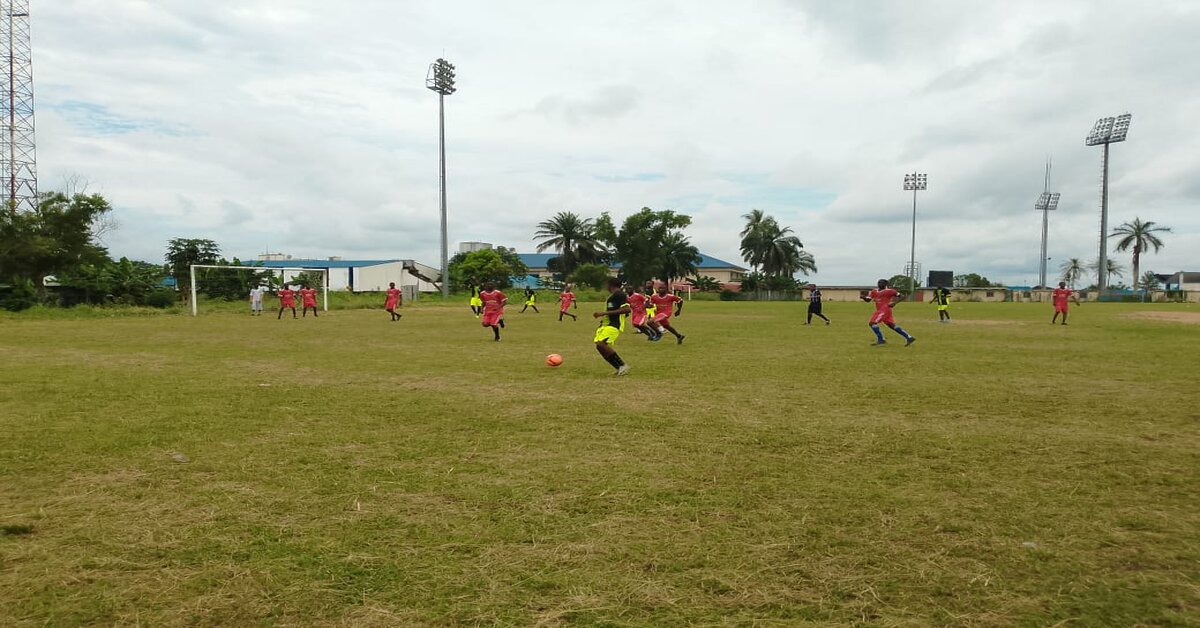Sports in Secondary School: Fostering Physical, Mental, and Social Development
Sports play a vital role in secondary school education, offering students opportunities beyond academics to grow physically, mentally, and socially. Whether through team-based activities like basketball and soccer or individual pursuits such as swimming and athletics, sports enrich the educational experience and contribute significantly to holistic development. This essay explores the multifaceted benefits of sports in secondary school, emphasizing their impact on personal growth, academic performance, and social cohesion.
Physical Health and Well-being
Engaging in sports promotes physical fitness and overall well-being among secondary school students. Regular participation in activities like football, tennis, or track and field helps improve cardiovascular health, muscular strength, and flexibility. It instills healthy habits early in life, reducing the risk of obesity and related health issues. Physical fitness gained through sports not only benefits immediate health but also establishes a foundation for a lifetime of wellness practices.
Mental and Emotional Development
Sports in secondary school foster mental resilience, discipline, and goal-setting skills. Athletes learn to manage stress, overcome setbacks, and work towards improvement, qualities that are invaluable both in academics and personal life. The structured environment of sports cultivates self-discipline and time management as students balance training schedules with academic responsibilities. Additionally, the endorphins released during physical activity contribute to improved mood and reduced anxiety, enhancing overall mental well-being.
Academic Performance
Contrary to the belief that sports distract from academics, research suggests that active participation in sports correlates positively with academic achievement. Students involved in sports often exhibit higher levels of concentration, improved memory retention, and enhanced cognitive function. The discipline required to balance sports training and academic studies teaches time management skills that translate into better academic performance. Moreover, sports teach students the importance of teamwork, leadership, and perseverance—qualities that are equally valuable in the classroom.
Social Skills and Community Building
Sports provide a platform for secondary school students to develop vital social skills and forge lasting friendships. Team sports like volleyball or basketball encourage collaboration, communication, and empathy among teammates. Students learn to respect rules, accept defeat gracefully, and celebrate victories with humility. Sports events, competitions, and inter-school tournaments foster a sense of camaraderie and school spirit, uniting students, teachers, and parents in support of their teams.
Inclusivity and Diversity
Sports promote inclusivity by welcoming students of diverse backgrounds, abilities, and interests. Schools often offer a range of sports activities catering to different preferences and skill levels, ensuring every student has an opportunity to participate and excel. Adaptive sports programs further encourage inclusivity by accommodating students with disabilities, promoting equality and diversity within the school community.
Conclusion
Sports in secondary school are more than just extracurricular activities; they are integral to the holistic development of students. By fostering physical fitness, mental resilience, academic achievement, social skills, and inclusivity, sports contribute profoundly to the educational experience. Schools play a crucial role in promoting sports through adequate facilities, trained coaches, and supportive environments that encourage participation and excellence. As we recognize the immense benefits of sports in secondary education, we affirm their role in shaping well-rounded individuals who are equipped to face challenges, embrace opportunities, and thrive both on and off the field.
